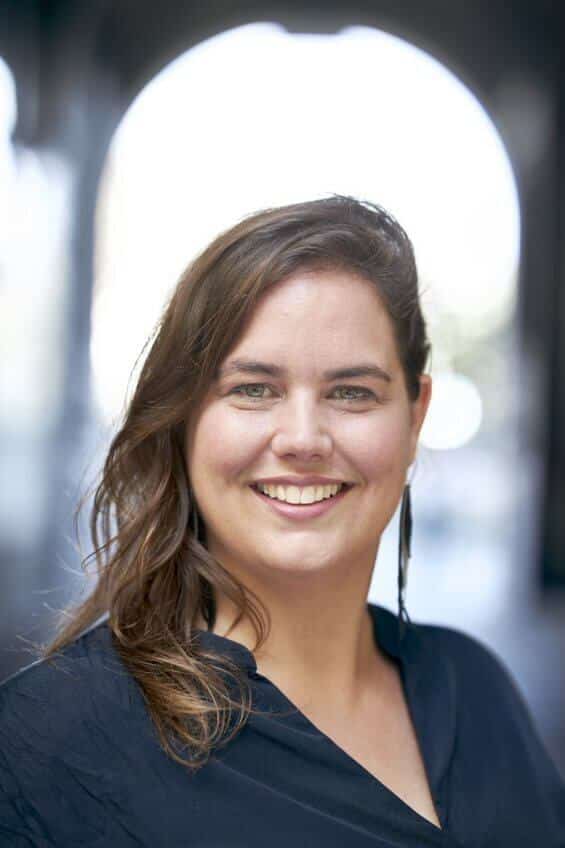In a recent interview, Katelijne Bekers, CEO of agri-tech company MicroHarvest (Website), elaborated on how alternative protein sources challenge the conventional livestock industry and the potential for transformation within traditional agriculture.
Bekers stressed that MicroHarvest’s approach transcends the focus on the livestock industry. While they agree that reducing animal-based product consumption, particularly red meat, would have a vast planetary impact, their attention extends to the entire protein value chain, beyond just human food.
Their protein ingredients, which require significantly fewer resources than traditional alternatives, are explored for applications in aquaculture and pet food industries. Additionally, these proteins are created using side streams from the agri and food sectors, promoting a sustainable cycle of resource utilization.
Bekers emphasized that the aim is not about replacing traditional agriculture but identifying improvement opportunities and making impactful changes.
When addressing the nutritional value of alternative proteins, Bekers claimed that their products are packed with raw protein (above 60%) and boast an excellent amino acid composition. They are also highly digestible, allergen-free, and contain natural vitamins and minerals. She underscored the potential for alternative proteins to reduce environmental impacts, particularly in the aquaculture industry, where millions of tons of fish are farmed annually for feed.
The CEO described the technologies used in producing alternative proteins, such as cellular agriculture and fermentation, as modern refinements of age-old natural processes. MicroHarvest’s method involves feeding selected strains of microorganisms with agricultural side streams in bioreactors, and the resulting microorganisms are the protein ingredients. The process completes in 24 hours, with no significant scalability issues related to infrastructure.
Concerning environmental impact, Bekers asserted that their protein ingredients could require 99% less land than beef and emit at least two times less CO2eq than soy protein. However, she cautioned that factors like the distance over which raw materials are transported could impact the overall emissions of their products.
Regarding regulatory challenges, Bekers identified a bottleneck in the approval process for new ingredients, which can sometimes take years. This slow process often forces European startups, including MicroHarvest, to shift to jurisdictions with faster approval timelines, like Singapore or the US.
On consumer reception, Bekers admitted that while sustainability-conscious consumers are a growing demographic, the assumption of a large-scale shift toward animal-free alternative food is biased. Many cultural and traditional barriers still exist, requiring education and potentially generational change for more widespread adoption.
Finally, Bekers outlined her vision for alternative proteins in the global food supply chain. She envisions a world where nutritious food is accessible through a fair and resilient system. She said microorganisms would be a significant part of this vision due to their efficiency as protein producers.
Katelijne Bekers founded MicroHarvest, driven by a clear vision for the future of the agri-food supply chain and a desire to effect positive change. Her dual background in science and business has seen her tackle biotechnological process scaling challenges, leading to MicroHarvest’s recognition as a pioneer in building a resilient food system for tomorrow by BloombergNEF.
Image provided by MicroHarvest


